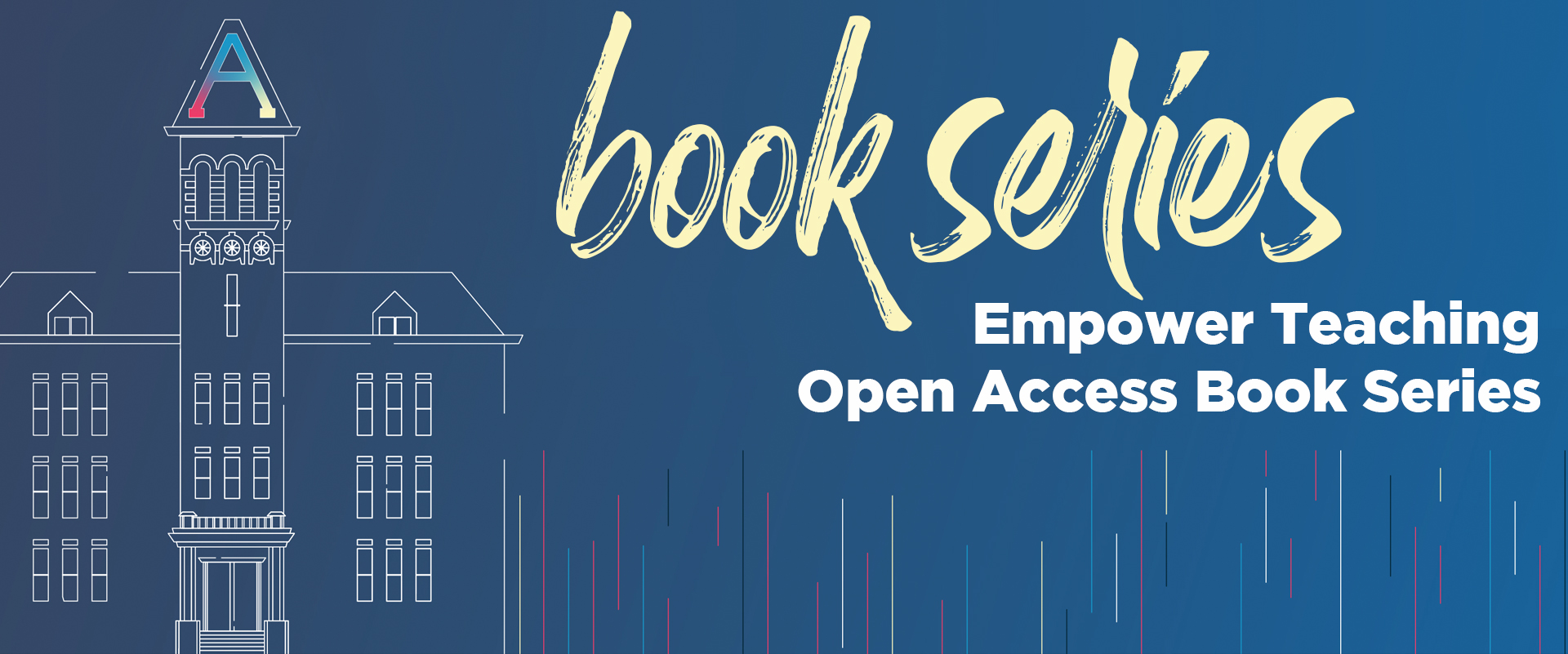Document Type
Chapter
Journal/Book Title/Conference
Making Connections: A Handbook for Effective Formal Mentoring Programs in Academia
Editor
David Law & Nora Domínguez
Publisher
Utah State University
Publication Date
5-15-2023
First Page
396
Last Page
404
Creative Commons License

This work is licensed under a Creative Commons Attribution-Noncommercial-No Derivative Works 4.0 License.
Abstract
This mentoring program was developed to meet two needs in the School of Human Development: college alumni who applied for adjunct faculty positions lacked college teaching experience, and non-alumni applicants lacked pedagogical skill with nontraditional adult learners. This college is a Hispanic-serving institution with core values of inclusion, diversity, respect, and social justice. Their transformational, culture-centered pedagogy is grounded in seven faculty values that develop learner competence across five domains: development, diversity, communication, research, and growth.
The program meta-mentor describes how and why autonomy-supportive instruction (ASI), based on self-determination theory, is embedded into all elements of the adjunct faculty mentoring program structure: program design, implementation, assessment, and improvement. Two cross-generational and cross-cultural mentor-mentee pairs describe how they engaged with and applied ASI strategies in their relationship, teaching and peer observations, and reflective practice conversations. The case study concludes with lessons learned about the quality of faculty mentor-mentee relationships and its impact on their own professional learning and development.
Recommended Citation
Clabaugh, Dionne, "Chapter 22- The Well-Prepared Adjunct: Peer Mentoring, Autonomy Supports, and Values-Based Pedagogy" (2023). Making Connections. Paper 24.
https://digitalcommons.usu.edu/makingconnections/24


